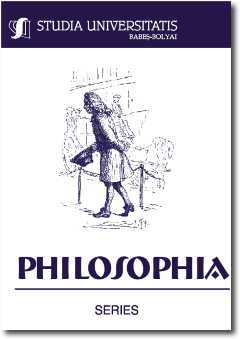LA CRITIQUE DE LA RAISON INFANTILE
CRITIQUE OF INFANTILE REASON
Author(s): Claudiu GaiuSubject(s): Philosophy
Published by: Studia Universitatis Babes-Bolyai
Keywords: childhood; Enlightenment; Rousseau; education; equality; compassion.
Summary/Abstract: Critique of Infantile Reason. Childhood is a central topic for Enlightenment’s philosophers, due to the emerging interest in the epoch for pedagogy, as well as an evaluating criterion for the level of mutual understanding within a political community. For Rousseau, the education of a child is a Socratic practice which implies acknowledging a pre-rational experience, unintegrable to memory. Reason is not an independent faculty, but the synthesis of man’s bodily development, the strengthening of social relations and the technical evolution of humanity. It is born out of the passions which constitute our first relation with the world and its animated or non-animated items. The origin of sociability and consequently, of the citizen virtues is not a rational calculation, but a natural compassion for our fellows. At the basis of pedagogy, as well as of the political life, lies the capacity of unlearning the desire to dominate the others, often known in the modern world under the name of Reason.
Journal: Studia Universitatis Babes-Bolyai - Philosophia
- Issue Year: 57/2012
- Issue No: 3
- Page Range: 27-38
- Page Count: 12
- Language: French

